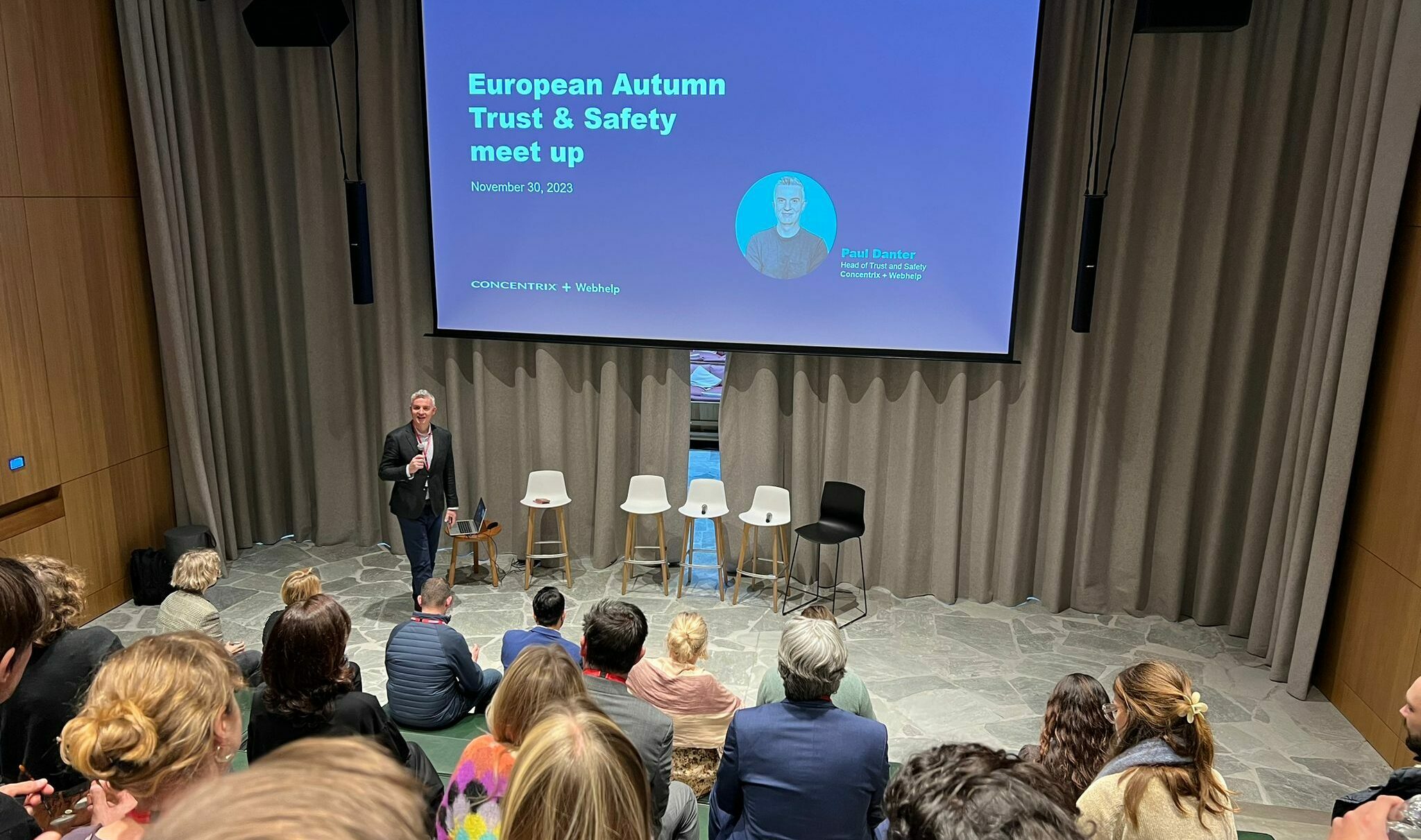Business priorities are shifting as the world rapidly adjusts to the devastating changes brought by the Coronavirus. Here, Helen Murray, Chief Customer Solutions Officer, for the Webhelp UK region, looks at how this sweeping force has brought challenges to our business, the astonishing efforts made to meet them, and why our people are always central to everything we do.
I was recently asked what have been the biggest challenges for us as a business, in responding to COVID-19.

At Webhelp, our number one priority is always our people, and as the stark reality of the pandemic began to hit home across our countries, the most important and challenging task was to ensure their safety and well-being, first and foremost.
This is not empty rhetoric, but something that we honestly live by at Webhelp – and this vision is led strongly from the c-suite. We created specific task forces at all levels of the business – moved swiftly in partnership with our clients to change our way of working across all our operations, to protect our people and to stringently follow all government guidelines to safeguard their health.
There was a wider human issue impacting our operations too – as many of our operations fall under “key worker” categories, as defined by the Cabinet Office and Department of Education, we were also driven by a clear responsibility to support and maintain the supply of critical services.
Our teams are committed to assisting vital service areas which include; helping the telecommunications sector keep people connected, aiding the food retail sector by safeguarding deliveries, assisting insurance services clients to give access to information on claims and renewals and finally allowing the transport sector to keep delivering vital supplies to homes and businesses – all of which is so important at this critical time!
We are actively diverting resources to where they are needed most, and in partnership with some of our clients, prioritising and supporting the most vulnerable of our customers.
In fact, to put this in perspective – almost 7000 (and rising) UK Region Webhelp employees are now working from home. The logistics alone were considerable, and over the last few weeks our operations, IT and support teams have been working round the clock to deliver a viable solution.
As you can imagine, this was a highly complex situation, meeting bespoke technological and regulatory conditions, as required on a client by client basis.
Our teams have now delivered a robust custom built solution which includes a staggering 46 miles of internet cabling (enough to run between Glasgow and Edinburgh!), deployed and configured 10,000 VPN licences and built 12,000 machines, and delivered enough network capacity to stream 500 HD movies every second!
The challenge continues across some of our sites, where we are limiting the number of people to a minimum to create as much distance as possible.
We have brought in our own internal auditing, completed throughout the day to check all safe levels are being maintained and have a highly visible communications campaign, which highlights all our social distancing practices.
As new guidelines are announced, either by UK or local authorities, we are acting on that advice or seeking clarity, as required.
As well as the obvious technical issues, rapidly expanding a remote workforce requires support in many other areas. We are helping our people to adapt with regular advice and assistance; by making sure they have connectivity, are set up correctly and are comfortable working in their new environment.
Home-working policies have been updated and communicated, providing clear guidance on time management, GDPR and structuring the working day at home.
Both in the office and remotely, colleagues are being provided with advice on how to manage stress and help to look after their mental and physical health. This includes specific Webhealth initiatives and access to Care First our employee assistance program.
A transformation has occurred in where, when and how we communicate and engage with our people, as we have had to re-consider and expand our channels and look carefully at accessibility issues and overall effectiveness.
This has significantly changed the way corporate communications are now being delivered, for example we have increased our use of closed social media groups, to engage our people in their homes and during non-working hours, making absolutely sure that they can readily access the support they need.
I personally feel that the speed in which we were able to mobilise and transition so many colleagues to homeworking across the UK region has been hugely impressive. Our people have really embraced the change and have adapted incredibly well to a new way of working in a very short space of time. It speaks volumes on their quality and commitment, our strong culture and the agility of the business.
As a people-first business, taking a human approach to this crisis has been a logical step, which has meant rapidly looking at ways to increase our infrastructure to support homeworking where possible. While this solution won’t be suited to every operation, it is something that we will continue to look at and develop in the months ahead, in partnership and responding to the needs of our clients.
Find out about our stance on the COVID 19 crisis here, and read UK Group CEO, David Turner’s thoughts on how this challenge will create a radical shift in the future of homeworking.

![[Fashion] Choosing the right partners to grow your business in 2024, at a time when trust is fragile](https://media.webhelp.com/wp-content/uploads/2023/12/21090253/Office-Showcase-2.png)


